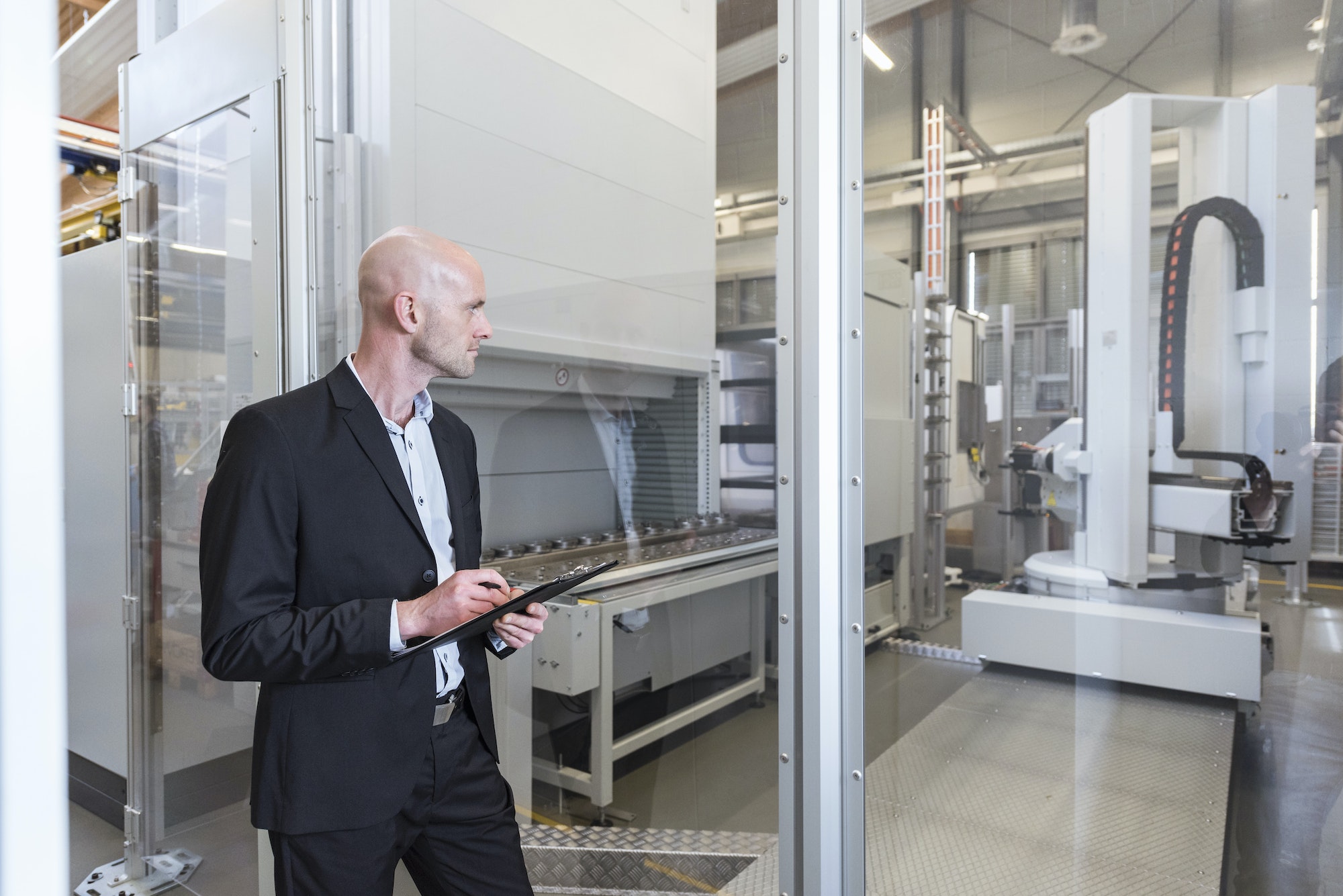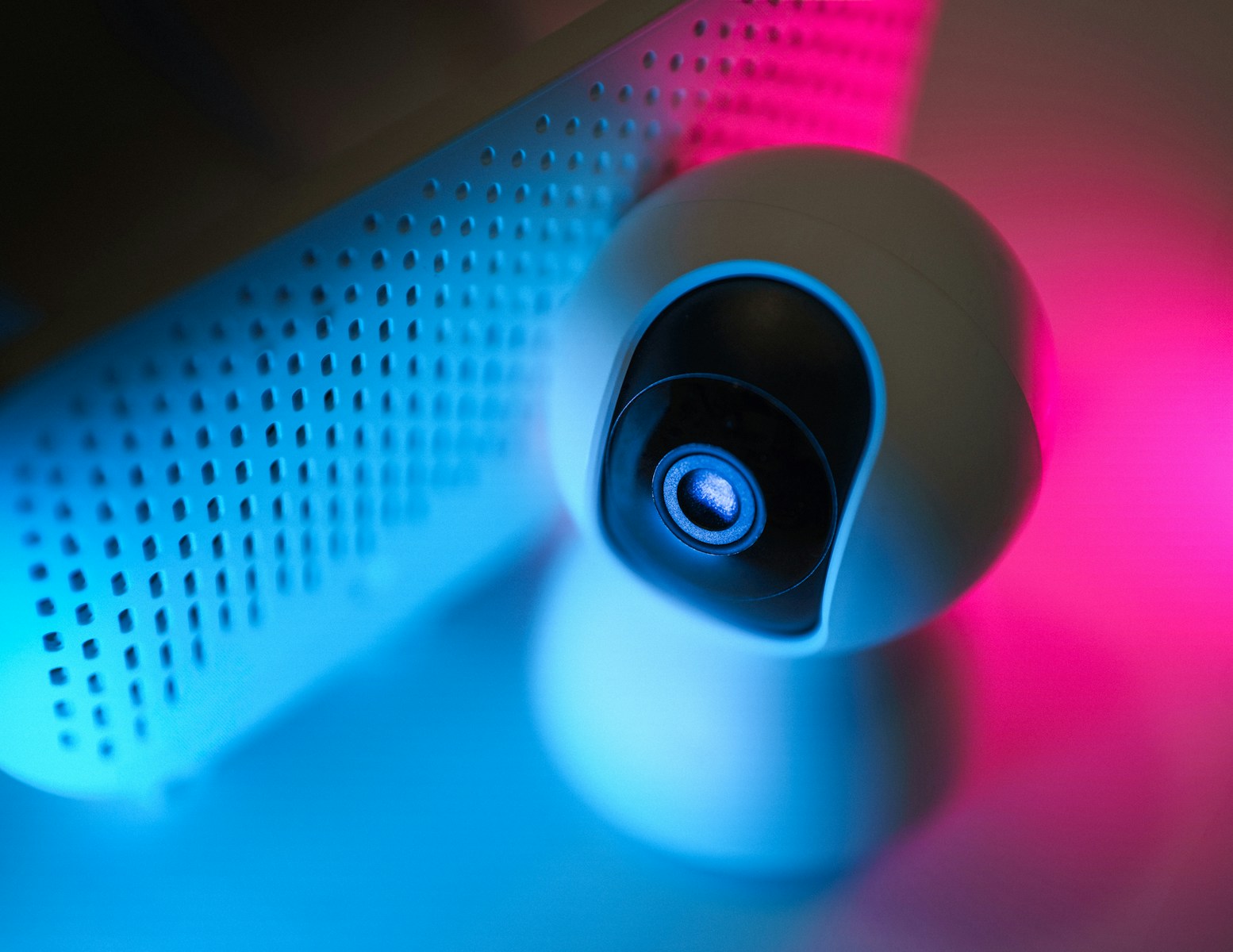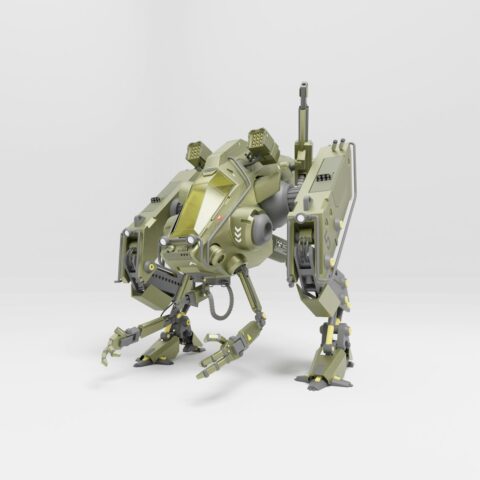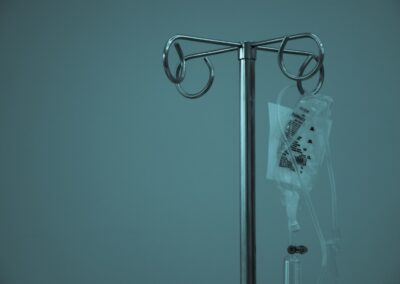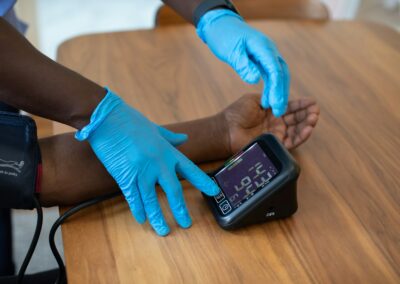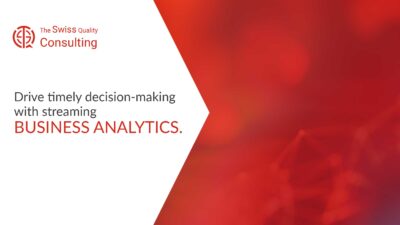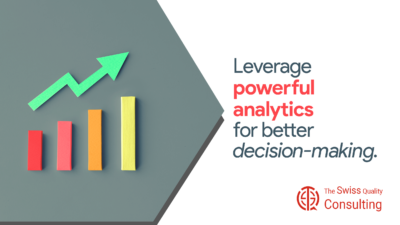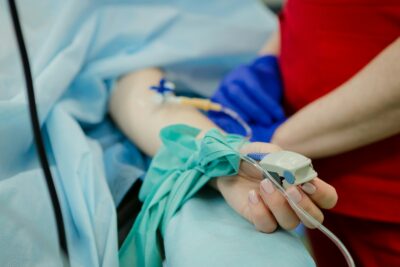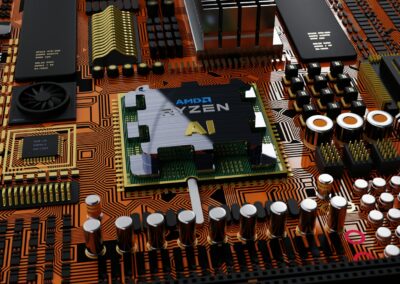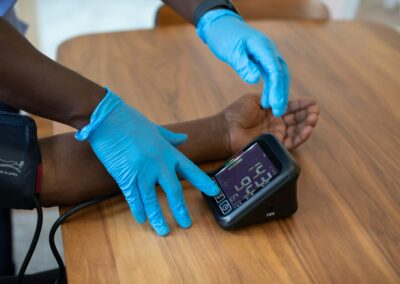Revolutionizing Healthcare with IoT Integration in Electronic Health Records
IoT Integration with Electronic Health Records: A Leap Toward Smarter Healthcare
IoT integration with electronic health records (EHRs) is poised to revolutionize healthcare by enhancing decision-making and improving care coordination. The healthcare landscape is rapidly evolving, and the integration of Internet of Things (IoT) technology with existing EHR systems presents an opportunity to address some of the industry’s most pressing challenges. By connecting IoT devices directly to EHRs, healthcare providers can gain real-time insights into patient health, leading to more informed and timely decisions. This technological advancement is particularly relevant in regions like Saudi Arabia and the UAE, where there is a strong push towards digitization and innovation in healthcare services.
Traditionally, EHRs have served as a digital repository of patient information, allowing healthcare providers to store and access medical records electronically. However, the static nature of traditional EHRs limits their potential to provide actionable insights in real-time. The integration of IoT technology transforms EHRs into dynamic systems that continuously update patient data from various connected devices, such as wearable monitors, smart sensors, and medical implants. This continuous flow of data enables healthcare professionals to monitor patients’ conditions in real-time, detect potential health issues earlier, and respond with appropriate interventions.
In the context of Saudi Arabia and the UAE, where healthcare systems are increasingly embracing digital transformation, the adoption of IoT-enabled EHRs can significantly improve patient outcomes. For example, remote patient monitoring through IoT devices allows healthcare providers to track vital signs, medication adherence, and lifestyle factors without the need for frequent in-person visits. This is particularly beneficial in managing chronic diseases, where continuous monitoring and timely interventions can prevent complications and reduce hospital admissions. By integrating IoT data into EHRs, healthcare providers in these regions can deliver personalized care that is both proactive and responsive to patients’ evolving needs.
Improving Care Coordination and Patient Outcomes
The integration of IoT technology with electronic health records also plays a critical role in improving care coordination among healthcare providers. In today’s complex healthcare environment, patients often receive care from multiple providers across different facilities. Ensuring that each provider has access to the most up-to-date and comprehensive patient information is essential for delivering coordinated and effective care. IoT devices can capture and transmit patient data from various sources, such as home monitoring systems, wearable devices, and telemedicine platforms, directly into the patient’s EHR. This real-time data integration ensures that all healthcare providers involved in a patient’s care have access to the same information, reducing the risk of errors and improving the overall quality of care.
For example, a patient with diabetes who uses a continuous glucose monitor (CGM) can have their glucose levels automatically updated in their EHR. If the patient visits an endocrinologist, the doctor can access this data to make informed decisions about the patient’s treatment plan. Similarly, if the patient is admitted to the hospital for a related issue, the attending physicians can quickly review the patient’s glucose trends to provide appropriate care. This level of care coordination is particularly important in managing chronic conditions, where timely interventions based on accurate data can prevent complications and improve patient outcomes.
In regions like Riyadh and Dubai, where healthcare infrastructure is rapidly advancing, IoT-enabled EHRs can enhance the efficiency and effectiveness of healthcare delivery. By streamlining the flow of information between patients, providers, and healthcare facilities, IoT integration reduces the administrative burden on healthcare professionals and ensures that patients receive the right care at the right time. Moreover, the ability to share real-time data across different healthcare settings promotes collaboration among providers, leading to more comprehensive and cohesive care plans that address all aspects of a patient’s health.
The Future of Healthcare: Leveraging IoT for Data-Driven Decision-Making
Data-Driven Insights Through IoT Integration with EHRs
As the healthcare industry continues to embrace digital transformation, the future of IoT integration with electronic health records holds great promise for enhancing data-driven decision-making. The ability to collect, analyze, and act on real-time data from IoT devices empowers healthcare providers to make more informed decisions that improve patient outcomes. This shift towards data-driven healthcare is particularly relevant in the context of population health management, where insights derived from large datasets can help identify trends, predict health risks, and inform public health strategies.
In the GCC region, where there is a growing focus on preventive healthcare, IoT-enabled EHRs can play a crucial role in identifying at-risk populations and implementing targeted interventions. For instance, data collected from wearable fitness trackers can be used to monitor physical activity levels across different demographics. Healthcare providers can use this data to identify groups at risk of developing lifestyle-related diseases, such as obesity or cardiovascular conditions, and implement preventive measures. By integrating this data into EHRs, healthcare systems can take a proactive approach to managing population health, reducing the burden of chronic diseases and improving overall health outcomes.
Moreover, the integration of IoT with EHRs opens up new possibilities for personalized medicine. By continuously monitoring patients’ health and capturing data on their responses to treatments, healthcare providers can tailor interventions to individual needs. This personalized approach not only improves the effectiveness of treatments but also enhances patient satisfaction and engagement. In the UAE and Saudi Arabia, where healthcare providers are increasingly focusing on patient-centered care, IoT-enabled EHRs offer a powerful tool for delivering personalized and responsive healthcare services.
Overcoming Challenges and Ensuring Data Security
While the benefits of IoT integration with electronic health records are clear, there are also challenges that need to be addressed, particularly regarding data security and privacy. The integration of IoT devices with EHRs involves the collection and transmission of sensitive patient data, which must be protected to ensure confidentiality. In regions like Saudi Arabia and the UAE, where data privacy regulations are becoming increasingly stringent, healthcare providers must implement robust security measures to safeguard patient information.
To address these challenges, healthcare organizations must adopt best practices for data security, including encryption, secure data storage, and regular security audits. Additionally, there should be clear protocols in place for managing data breaches and ensuring that patients are informed of how their data is being used. By prioritizing data security, healthcare providers can build trust with patients and encourage the wider adoption of IoT technology in healthcare.
Moreover, it is essential to establish regulatory frameworks that govern the use of IoT in healthcare. These frameworks should address issues such as data ownership, consent, and the ethical use of IoT devices in medical research and care delivery. By working closely with regulators, healthcare providers in the GCC region can ensure that IoT integration enhances healthcare services without compromising patient safety or privacy.
The Path Forward: Embracing IoT Integration for Better Healthcare
The integration of IoT technology with electronic health records represents a significant opportunity to enhance healthcare delivery, improve patient outcomes, and drive innovation in the medical field. As the technology continues to evolve, healthcare providers must embrace IoT integration to stay ahead of the curve and meet the growing demands of modern healthcare.
In conclusion, the future of healthcare lies in the ability to leverage IoT technology to collect, analyze, and act on real-time data. By integrating IoT devices with EHRs, healthcare providers can enhance decision-making, improve care coordination, and deliver personalized care that meets the unique needs of each patient. As the healthcare industry continues to evolve, IoT integration will play an increasingly important role in shaping the future of medical care in Saudi Arabia, the UAE, and beyond.
#IoT #HealthcareInnovation #EHRs #PatientCare #DataSecurity #MiddleEastHealthcare #HealthcareTechnology


